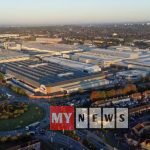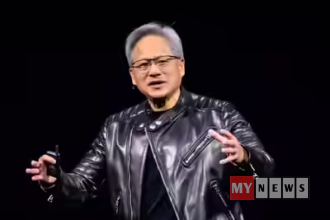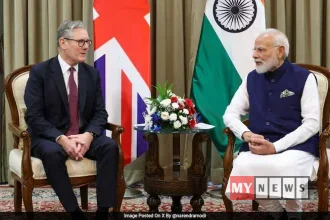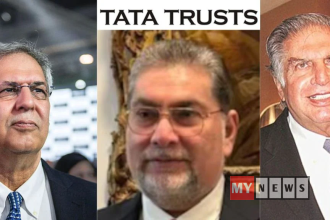South Korea’s foreign minister Cho Hyun will travel to the United States on Monday in an urgent effort to secure the release of hundreds of Korean workers detained in Georgia last week.
On Friday, US immigration officials arrested 475 people at a sprawling electric car battery plant — more than 300 of them South Korean nationals. The facility, jointly run by Hyundai and LG Energy Solution, is one of the largest foreign investment projects in the state of Georgia.
Seoul Pushes for Release
The South Korean government said it worked through the weekend and had reached a preliminary deal with Washington to return the workers on a chartered flight, though details are still being finalised.
Seoul expressed “concern and regret” over the raid, calling on the US to protect the rights of its citizens. Officials are pushing to ensure the detained workers return home voluntarily rather than face deportation.
The workers are currently being held at an ICE detention centre in Folkston, Georgia.
US Defends Operation
The White House has defended the raid, which came as part of President Donald Trump’s renewed crackdown on illegal immigration. Posting on Truth Social, Trump said foreign companies would still be able to bring in “great technical talent” legally — but stressed they must also “hire and train American workers.”
ICE released footage showing dozens of Asian workers shackled outside a building, some wearing yellow vests labelled “Hyundai” or “LG CNS.” Officials said many were on tourist or short-term visas, which do not allow employment.
Companies Caught in the Middle
LG Energy Solution said that 47 of its employees were among those detained, along with around 250 contractor staff. The company claims many were on legitimate business trips, visa waivers, or other temporary visas.
In response, LG has suspended most US business trips and ordered employees already in the US to return home immediately. Hyundai has not commented directly on how many of its staff were involved but said it is cooperating with authorities.
Political and Economic Fallout
The raid has sparked anger in South Korea, where media described it as a “shock.” The Dong-A Ilbo newspaper warned the incident could have “a chilling effect” on Korean firms investing in America.
The timing is especially sensitive: only two weeks ago, Seoul pledged to invest billions in US manufacturing projects, including car batteries. Analysts now question how Trump’s push to “bring jobs home” will square with foreign firms’ reliance on specialist staff from overseas.
Georgia’s Republican governor has hailed the Hyundai-LG site as the biggest economic development project in state history, designed to employ 1,200 people. But the sudden immigration crackdown now threatens to complicate those plans — and strain ties between Washington and Seoul.













